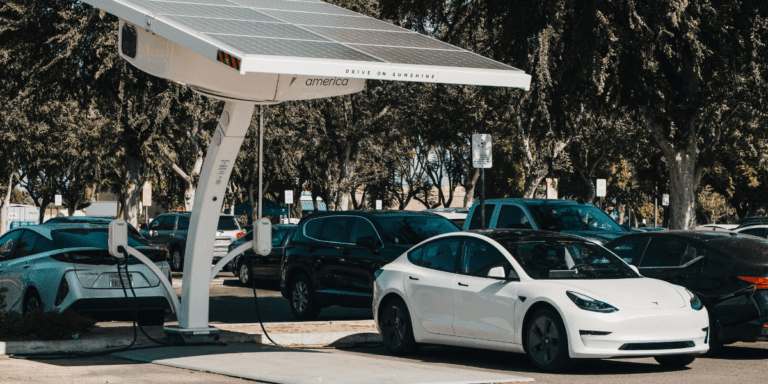Tesla has experienced a significant setback in the European Union, with a staggering 53% year-over-year decline in new car registrations for the month of April. This marks the fourth consecutive month of poor sales figures in the region, further raising concerns over the company’s growth prospects in one of its key international markets. Analysts point to a combination of external factors, including the ongoing U.S.-China trade tensions, alongside changing consumer behavior, as contributing to the downturn.
The decrease in Tesla’s European sales comes at a time when the company has been striving to expand its foothold in the region, where demand for electric vehicles (EVs) has been on the rise. While Tesla has historically been one of the leaders in the electric car market, the latest data signals that the company is facing increasing challenges in maintaining its dominance.
One of the primary factors behind the sales decline is the broader geopolitical environment, particularly the trade uncertainties surrounding the U.S.-China relations. The imposition of tariffs and shifting trade policies have led to heightened costs for manufacturers and increased uncertainty for consumers. Tesla, which has substantial manufacturing ties in both the U.S. and China, has felt the repercussions of this complex situation, with price hikes and supply chain disruptions adding pressure to its operations.
Additionally, shifting consumer preferences within Europe are affecting Tesla’s appeal. As more automakers enter the EV market, Tesla is facing stiffer competition from both established brands and new entrants offering alternative electric vehicle options. Consumers, who were once drawn to Tesla’s innovation and cutting-edge technology, are now considering a wider array of choices, with some opting for models that are more tailored to local tastes and budgets. This increase in competition has made it more challenging for Tesla to retain its market share in Europe, which has become an increasingly competitive landscape for EVs.
Moreover, Tesla’s pricing strategy has come under scrutiny. While the company has traditionally positioned itself as a premium brand with high-end features, there is a growing perception that its vehicles are becoming less accessible, particularly with rising prices due to global supply chain issues. This, combined with the economic pressures caused by inflation in several European countries, has led many consumers to look for more affordable alternatives.
Despite these challenges, Tesla remains committed to the European market. The company has already announced plans to ramp up production at its Gigafactory in Berlin, which it hopes will help alleviate some of the logistical challenges faced by the company in the region. However, with ongoing trade tensions and a shifting market landscape, Tesla’s ability to regain its previous growth trajectory in Europe remains uncertain.
As Tesla navigates these challenges, it will be crucial for the company to adapt its strategy in order to stay competitive in Europe. Whether that means adjusting its pricing, diversifying its product offerings, or finding new ways to engage with consumers remains to be seen, but one thing is clear: Tesla’s future in Europe will require careful navigation of both global trade dynamics and evolving consumer preferences.


